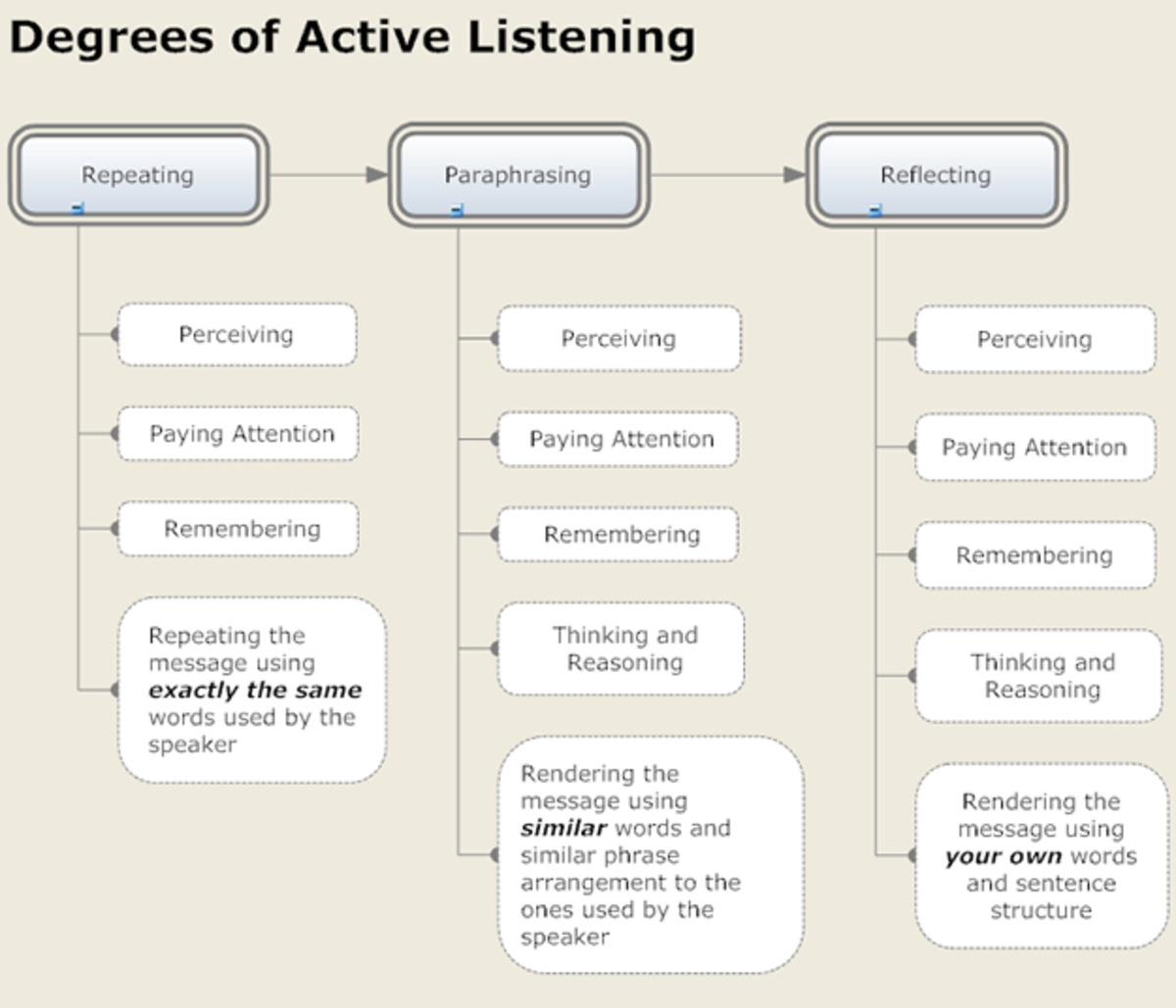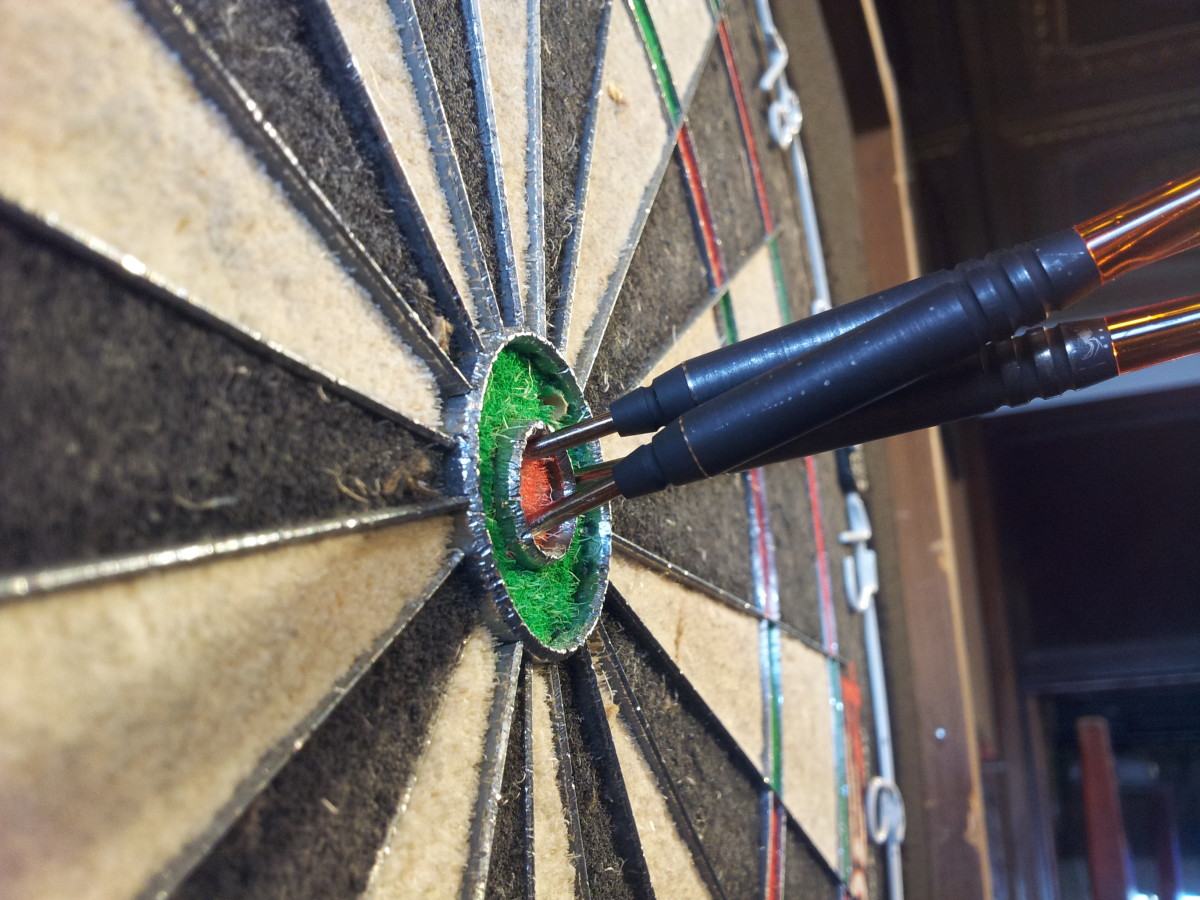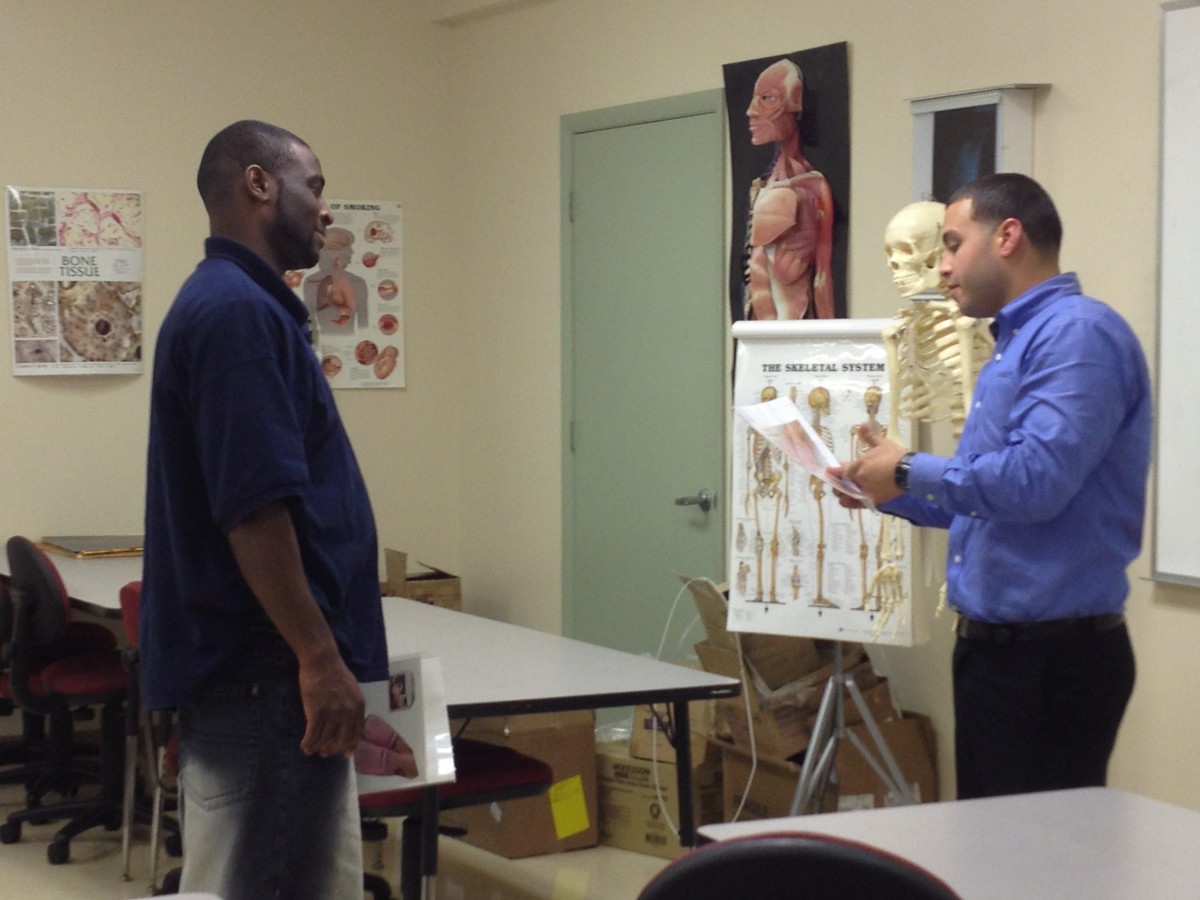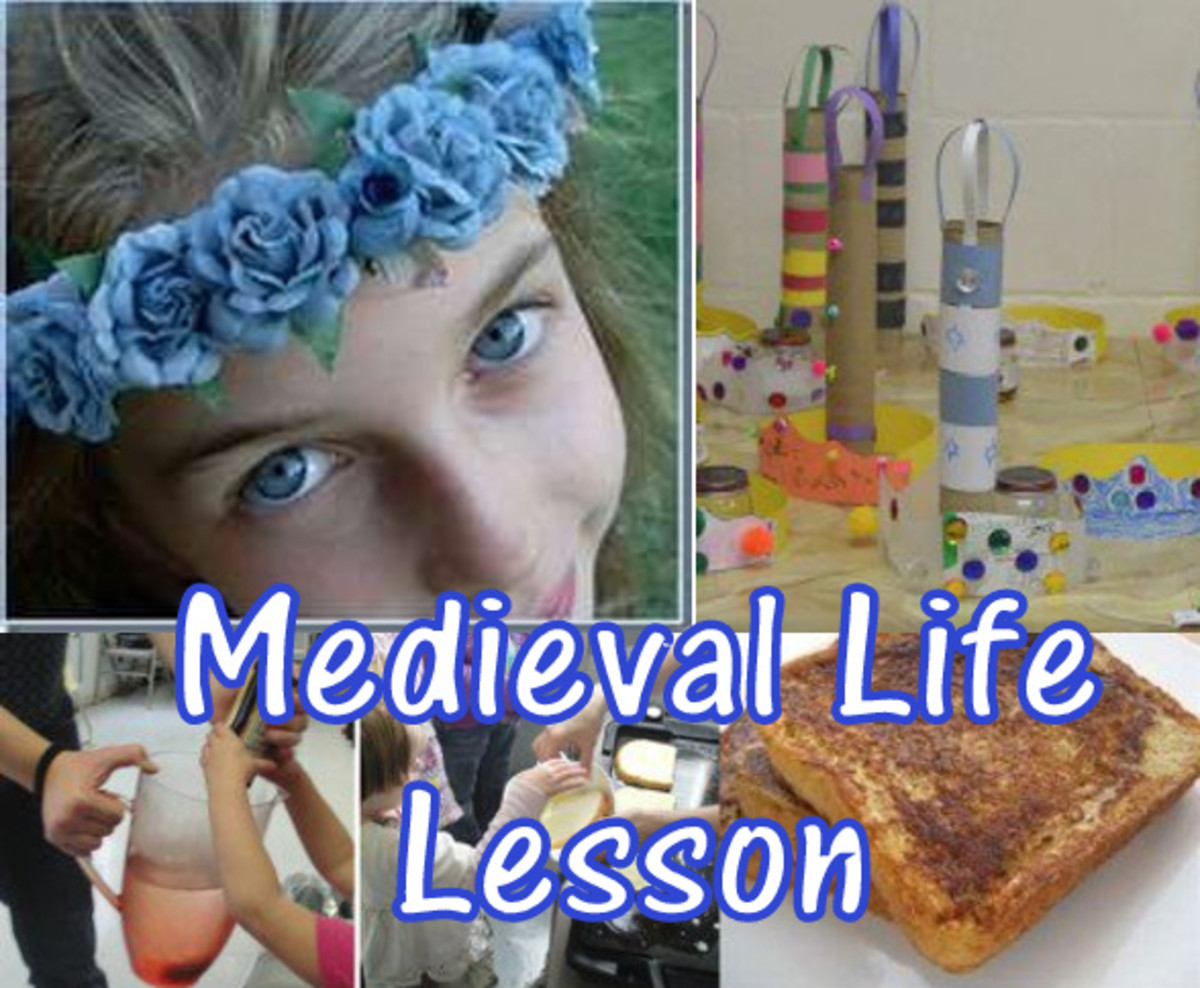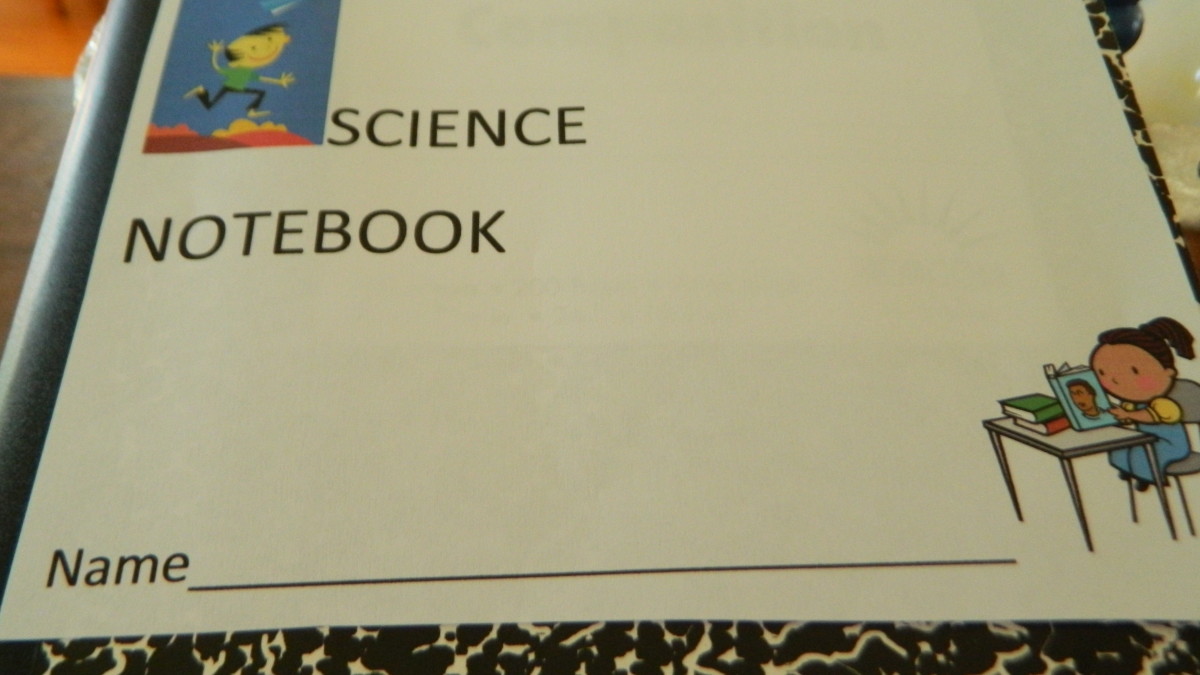How to improve concentration
Do you need to increase concentration?
Have you had problems with concentration lately? Has your mind been wandering away from the task? Have you come here looking for ways to stay focused on your lessons? Rest assured that you have come to the right place. People often ask how to improve memory without realizing that if your concentration is all over the place then you cannot expect to remember what you thought you have learned or tried to learn. Concentration is the ability to keep your thoughts focused on what you are doing. Your attention and interest is totally engrossed and absorbed in what you are doing, so much so that whatever happens around you is in no way a hindrance to your task. Do you concentrate like that? Do you think you can increase your concentration? Read on... you might discover a thing or two here, which might help you.

Can you improve concentration?
Concentration is a matter of habit. You can easily learn to concentrate by following some of the tips described below. Concentration, like any other habit, takes time and effort to perfect, but it is definitely possible. Once you have cultivated the habit, you would see that you get much more out of life, not just your lectures and your notes. Improving your concentration is about training your mind to stay focused on a task. Can you do it? Oh yes, all of us can concentrate to a high degree. Have you ever been so caught up in a game that you have been watching that you do not even hear what someone sitting near you is saying? Alternatively, maybe you were too engrossed in a movie or a book, or while working on a painting to pay attention to anything else? Yes, you can rejoice that you have the power to concentrate. Interest is what keeps your level of concentration high. The following passages explain how to work on what you already have and help you concentrate more fully.
The facts behind concentration
Intelligence emanates from one’s ability to control their selective attention
Strategically allocating your attention helps your brain to rewire itself
Brain exercises and games can significantly sharpen your mind
Be interested in what you do
Focus
How to improve your concentration
Pay attention: When you were a child, you may have heard your parents or your teachers telling you to pay more attention to what they were saying. They had to bring your attention or focus back when it wandered away. The first step is taking responsibility for your own thoughts; to bring your attention back to where it should be. “Pay attention” needs to be your mantra for concentration. You need to be aware of the number of times your mind wanders away. Repeat to yourself the mantra to get your attention back to the class, or whatever the work at hand is. You would notice that the times your mind wanders away reduces gradually, as you follow this method for 21 days, the magic number for habit formation.
Active listening: is another technique to improve your concentration. Active listening involves looking the person in the eye and connecting to him/her as he or she speaks. Sitting in a place where you can listen and observe the speaker’s gestures and body language helps improve your concentration. An animated person is often passionate about what he or she is saying. Passion is contagious and you could be swept into that tidal wave, if you even paid a little attention. Taking notes and asking questions are also part of active listening. You should look up this article for more information.
Get more involved: I have mentioned a few things like asking questions, taking notes etc., which works quite well if you are listening to a lecture or a speech. The problem of poor concentration arises more often when you are reading. The problem could be compounded if you have a long chapter to finish or content which is a heavy read. To help you concentrate at such times you need to become more involved. Using the subheadings to ask questions and then exploring the text to find the answers keeps your concentration from dwindling. You could use diagrams or pictures that you draw at that point, to increase your understanding and concentration.
Summarize: After reading a page or a couple of pages of text, summarize what you have learned. Flashcards with keywords or important points are very useful. Highlight keywords or text. Making notes also helps increase your concentration and in making revisions later on.
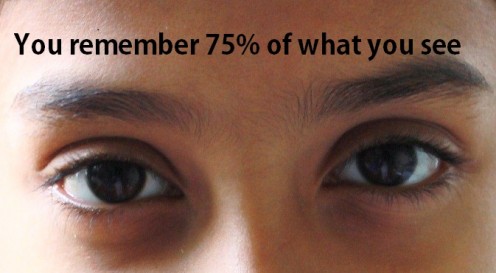
Create interest:
Link concepts: Link what have learned to the concepts you already know. Meaningful linking makes each concept and its relationship to other concepts clearer and more meaningful. Connecting objects, ideas or concepts meaningfully helps improve your memory and concentration. Use other effective learning techniques for better memory.
Put into practice: Concentration increases when you are actively engaged in the activity. Try to put the concepts you learn to good use.
Visualize: See what you are learning in your mind's eye. Make it come alive before you. Studies have shown that you remember 90% of what you do, 75% of what you see and 20 % of what you hear. You increase your concentration and memory by a huge margin.
My lack of concentration is due to
Physical conditions that help Improve conentration
The right place: Concentration is also enhanced or decreased by various physical conditions. Sitting in a place that is free of disturbance, is important. Passageways and places where movement catches your eyes or a lot of action is happening could reduce your concentration. Sitting near a window or in some airy place helps you to concentrate better.
Multi-tasking has been known to reduce concentration drastically. Studies have proved time and again that teenagers who text, surf, talk to friends and try to do their homework, all at the same time, seldom score well in tests. So if you want to concentrate, make sure that you cut out all distractions and switch off your phones.
Taking short breaks: It is well known that you can concentrate only for short periods, at an average of about 40 minutes. Some may have a longer attention span, while others have less. You need to know when your concentration is flagging. Take short breaks before you return to your task. When you take a break, get out into the open and inhale some fresh air. Oxygen does wonders for you, and a change of scene helps too.
Time to think: Often, when you concentrate, you find that various thoughts keep creeping into your mind. Telling yourself, “I won’t think about it”, will only serve to make these thoughts more persistent. It is better to have a time when you can focus on these thoughts and deal with them. When you have a specific time for dealing with thoughts, you could easily convince yourself that you could check on these thoughts later.
What science says about concentration
Starting your work day concentrating on your most important task for 90 minutes
Multitasking is a myth
Attention is a finite resource
Cut out the distraction
You have the power to choose what you want to do with your attention
Physiological conditions that help improve concentration
Eat well: Your brain needs a well-balanced diet to function optimally. Plenty of water, and moderate amounts of sugars and fats are needed for your brain. Make sure you get them from good sources. Fruits, vegetables, nuts and fish are excellent brain foods, which help increase your concentration and memory.
Sleep well: You need to get at least 8 hours of sleep every day. Burning the midnight oil every day before tests and exams is going to take its toll on your health and your performance. One of the important effects of sleep deprivation is loss of concentration.
Posture and comfort: Your study desks should be comfortable. In addition, make sure that you adopt the right posture. If you are not comfortable, you could end up concentrating less on what you’re doing and more on how you’re feeling.
Exercises for improvement of concentration
There are many games and activities online that could help you increase your concentration. Here are some simple and effective exercises which you can do without staring at a computer screen:
Look at the back of your hand or your watch for about two minutes. Focus on the lines or the hands of the watch [if you have them or watch the counter tick] while keeping other thoughts out. Two minutes, a couple of times every day could help improve your concentration.
Close your eyes, relax, take deep breaths and focus on your breathing. Focus all your attention on your breath and your body as it reacts to your breath. Two minutes of such meditation as you take deep breaths, will increase your concentration. Meditation, especially the mindful kind, has been known to improve concentration.
Concentration does not increase on its own; you need to exercise your willpower and like a muscle, the more you exercise it, the better you become at it. You need to do any of these exercises continuously for at least twenty-one days. Studies show that it takes 15 days for an act to become a habit and another 7 days for it to become established. So go ahead and improve your concentration!
Other Relevant study resources for students
- How to develop Will Power | selfimprovementinfo.org
Will power or self-discipline is the intrinsic power within you to achieve anything you put your mind to. Developing your willpower is only a few steps away... read on.. - How to Stop Procrastination
Stop Procrastination, get out of that lethargy. How to overcome procrastination? Here is help to overcoming procrastination. - How to overcome test anxiety (exam anxiety)
Do you have exam anxiety? How to overcome test anxiety? Here are some Test Taking Tips that could help you. - Time Management Skills - Time Management Tips for st...
Time management techniques is one of the most vital tools a student needs for effective learning. Time management techniques provide the blue print for effective study habits. Here are tips on time management for students at high school and universit - How to study effectively - guide to effective learni...
Effective learning skills is what helps a student to make good grades. To study effectively one needs to take care of a few important aspects, preparing your mind and your physical environment, managing time effectively, setting study goals etc. Effe


